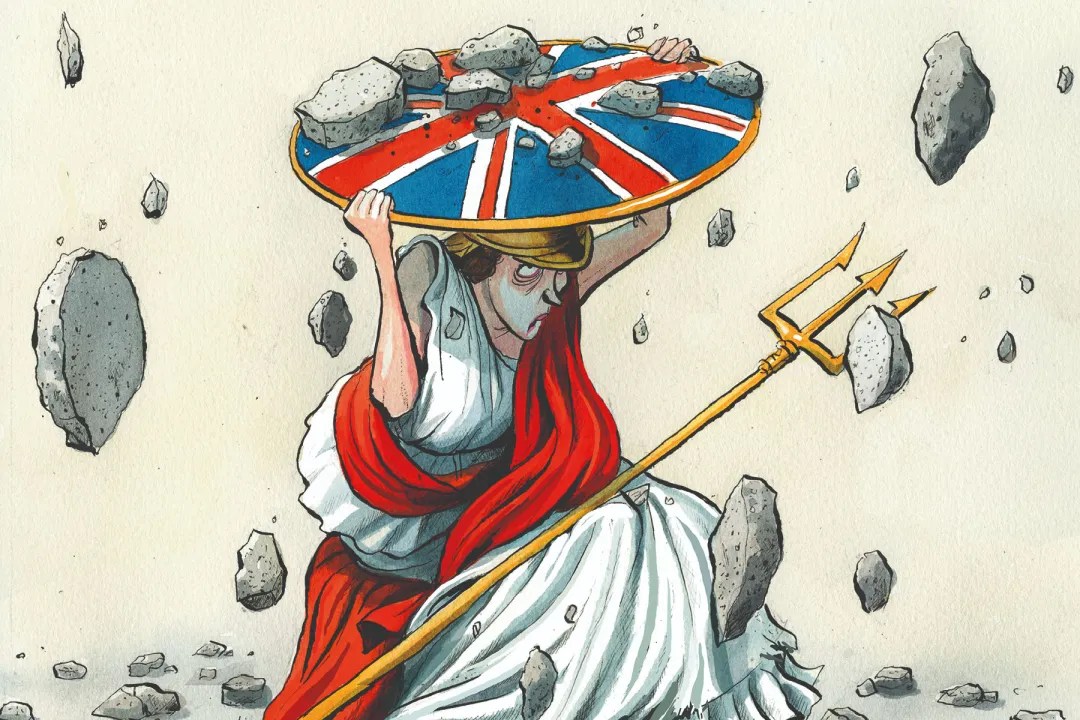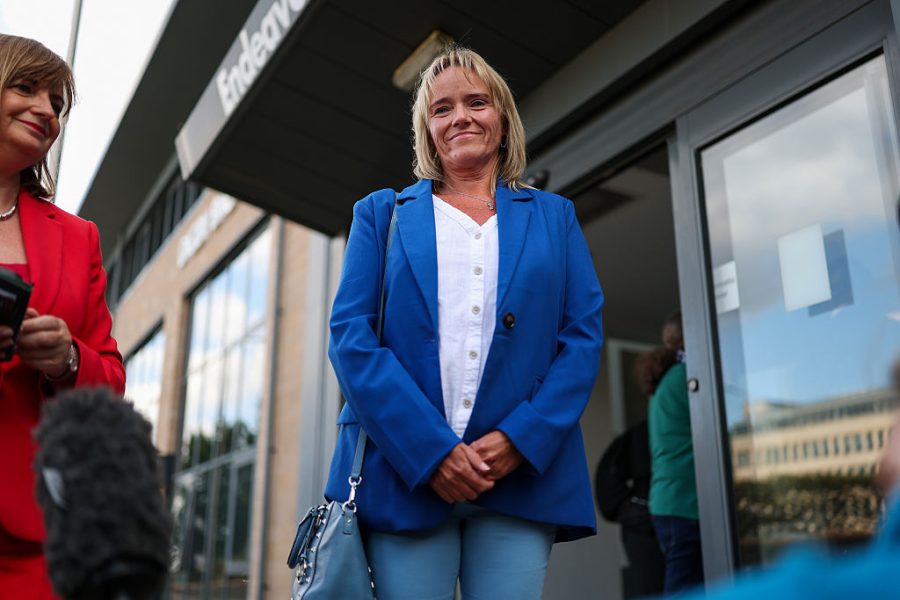Britain is in trouble. That’s the judgement of the Office for Budget Responsibility (OBR) in their ‘fiscal risks and sustainability’ document released this morning. The language is polite, matter of fact and bureaucratic. But read between the lines, look at the numbers and it paints a damning picture of the risks we face as a country.
In the 1950s, the state pension accounted for 2 per cent of GDP. Within 50 years it will cost nearly 8 per cent. This is not something an aging population can afford
After a series of economic shocks, the report says, Britain is in a ‘relatively vulnerable position’. Our deficit (nearly 6 per cent of GDP) is around 4 percentage points higher than the average for advanced economies and the third highest among European countries. Worse, UK government debt (94 per cent of GDP) is the fourth highest in Europe and we face the third highest borrowing costs of any advanced economy in the world. And much, much worse, say the OBR, is yet to come: by the early 2070s, an ageing population, rising healthcare costs and other ‘age-related’ spending will push debt above 270 per cent of GDP.
Whilst many of the pressures on our economy are structural, the government’s own policies do not escape criticism. ‘Planned tax rises have been reversed, and more significantly, planned spending reductions have been abandoned’, the report says. At the same time, increased borrowing (across multiple governments) and the persistent deficit have been accompanied by back-to-back loosening of the fiscal rules – eroding confidence in the bond markets we now rely on to function.
Individual policies highlight the massive pit of unfunded commitments that require constant feeding with more and more expensive debt. The state pension and the triple lock are singled out for costing three times more than initial expectations. In the 1950s, the state pension accounted for 2 per cent of GDP, since then it has climbed to 5 per cent and within 50 years, the OBR finds, it will cost nearly 8 per cent. This is not something an aging population can afford.
Net zero is hurting the taxman too, to the tune of some £30 billion every single year until the 2050s – mostly through lost carbon taxes. The government will have to fill that tax gap somewhere though and the OBR suggest they may look at a motoring tax to replace what’s lost through fuel duty.
The result of all this, say the OBR, is a ‘substantial erosion of the UK’s capacity to respond to future shocks.’ In plain terms: the next time a Chinese lab decides to experiment on a deadly virus, or a prime minister feels compelled to subsidise energy bills to the tune of hundreds of billions, we may simply not be able to afford it.
Worse, we may no longer have the power to change course. Sluggish growth and rising interest rates have made it harder to halt the rise of debt. Even with taxation at a post-war high as a share of GDP, we’re still borrowing 3 per cent more than what’s needed to stabilise our finances. And yet, here’s the clincher: ‘Despite this, public expectations of what government can and should do in response to emerging threats and future emergencies seem to be rising.’ Unless that mindset shifts, and unless a leader emerges with the courage to deliver wartime-level medicine in peacetime, Britain will keep hurtling toward economic disaster.
A Treasury spokesperson said:
‘We recognise the long-standing economic realities the OBR sets out in its report. This is why we are committed to ensuring stability in the economy through our non-negotiable fiscal rules which have allowed us to invest in the UK to drive a decade of renewal and put more money in people’s pockets.’








Comments